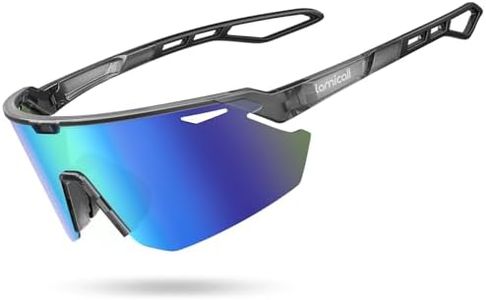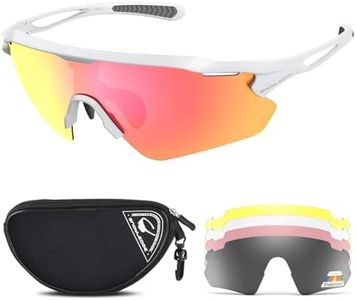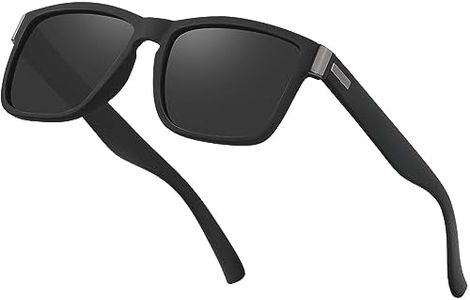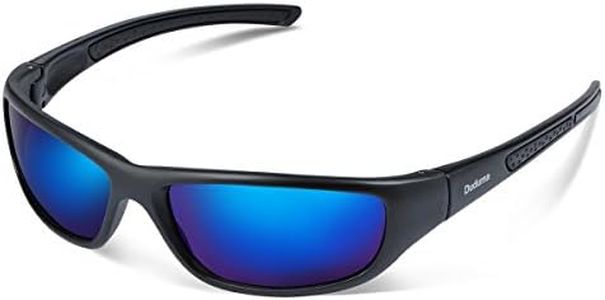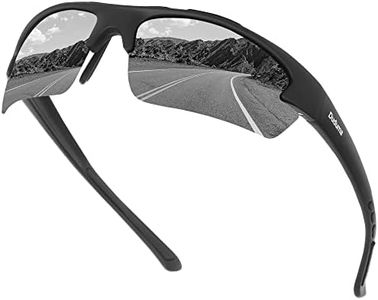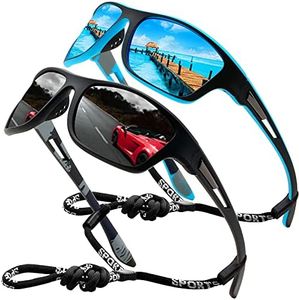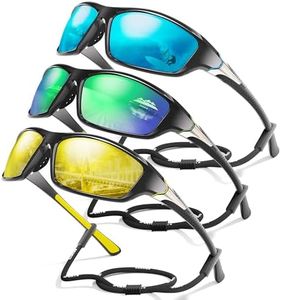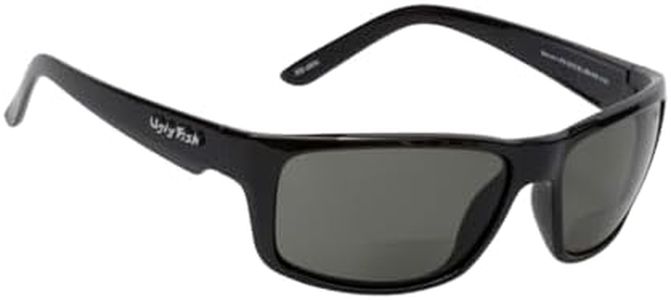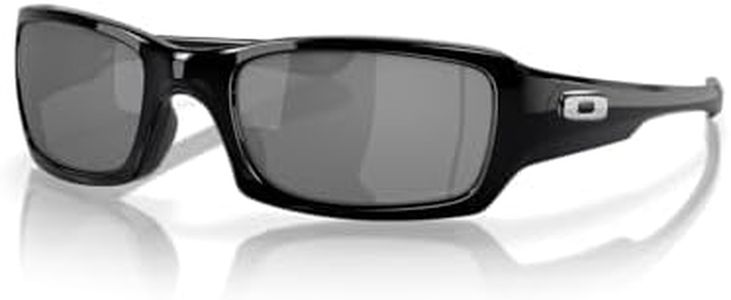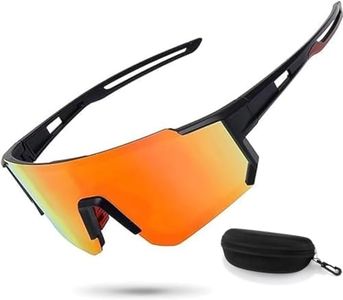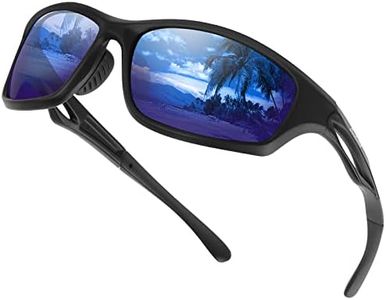We Use CookiesWe use cookies to enhance the security, performance,
functionality and for analytical and promotional activities. By continuing to browse this site you
are agreeing to our privacy policy
10 Best Fishing Glasses
From leading brands and best sellers available on the web.By clicking on a link to a third party's website, log data is shared with that third party.
Buying Guide for the Best Fishing Glasses
Picking the right fishing glasses is all about enhancing your comfort and vision while out on the water, no matter if you're a seasoned angler or just enjoying a casual day of fishing. The main goal of fishing glasses is to reduce glare from the water, protect your eyes from the sun, and help you see beneath the surface. When choosing your pair, focus on the technical aspects that influence both your eye health and fishing experience. Understanding features like lens type, polarization, fit, and material will make sure you select the glasses that perfectly match your fishing environment and style.PolarizationPolarization refers to a special filter in the lenses that cuts down glare caused by sunlight reflecting off the water. This is essential for fishing because glare can make it hard to see into the water and spot fish, rocks, or underwater structures. Polarized glasses greatly enhance visual clarity and eye comfort. Glasses are often either polarized or not; choosing polarized lenses is usually the best move if you plan to fish in bright, reflective conditions. However, be aware that polarization can make it difficult to read digital screens, so consider your habits on the water.
Lens ColorThe color of the lenses affects how much light gets through and what colors or contrasts you see. Amber and copper tints enhance contrast and are great for cloudy days or when you're fishing in shallow water, while gray lenses offer true color perception and are better on bright, sunny days. Yellow lenses improve visibility in low-light conditions like dawn or dusk. Choose your lens color based on the lighting conditions and environments where you fish most often.
UV ProtectionUV protection means the lenses can block ultraviolet rays from the sun, which can harm your eyes over time. Good fishing glasses should offer 100% UV protection to shield your eyes from long-term sun damage. Most quality fishing glasses provide this feature, but always double-check for confirmation to ensure you're getting healthy and safe eye coverage.
Frame Material and FitThe frame material influences comfort, durability, and how well the glasses stay in place. Lightweight plastic frames are comfortable for all-day wear, while metal frames can be more durable but heavier. Fit is crucial as well; glasses should fit snugly without pinching and not slip off your face while bending, casting, or moving around. Some come with rubberized grips or adjustable features for extra security. Think about your activity level and personal comfort preferences to choose the right material and fit.
Lens MaterialLens material impacts visual clarity, weight, and durability. Glass lenses give the clearest vision and resist scratches but are heavier and can break more easily. Polycarbonate lenses are lighter and shatter-resistant, making them a good choice for active fishing, though they might scratch more easily unless coated. Your choice here depends on whether you prioritize optical clarity or want something lightweight and rugged for more active use.
Coverage and DesignCoverage relates to how well the glasses block out light from the top, bottom, and sides. Wraparound styles are popular for fishing because they cover more of your field of vision and prevent sunlight from sneaking in around the edges. If you fish in very bright conditions or on open water, consider glasses that seal as much of your eye area as possible for the best protection and comfort.
